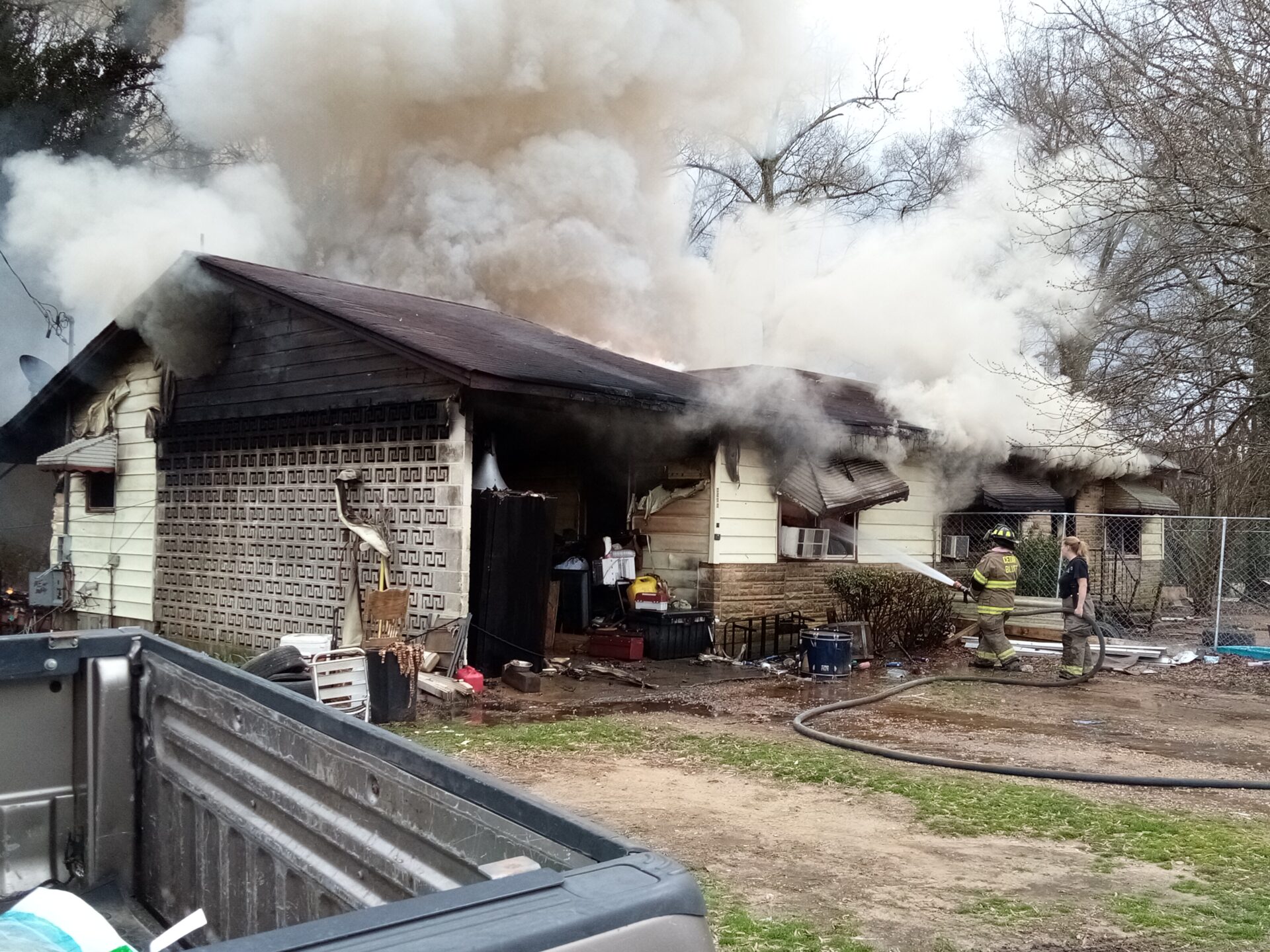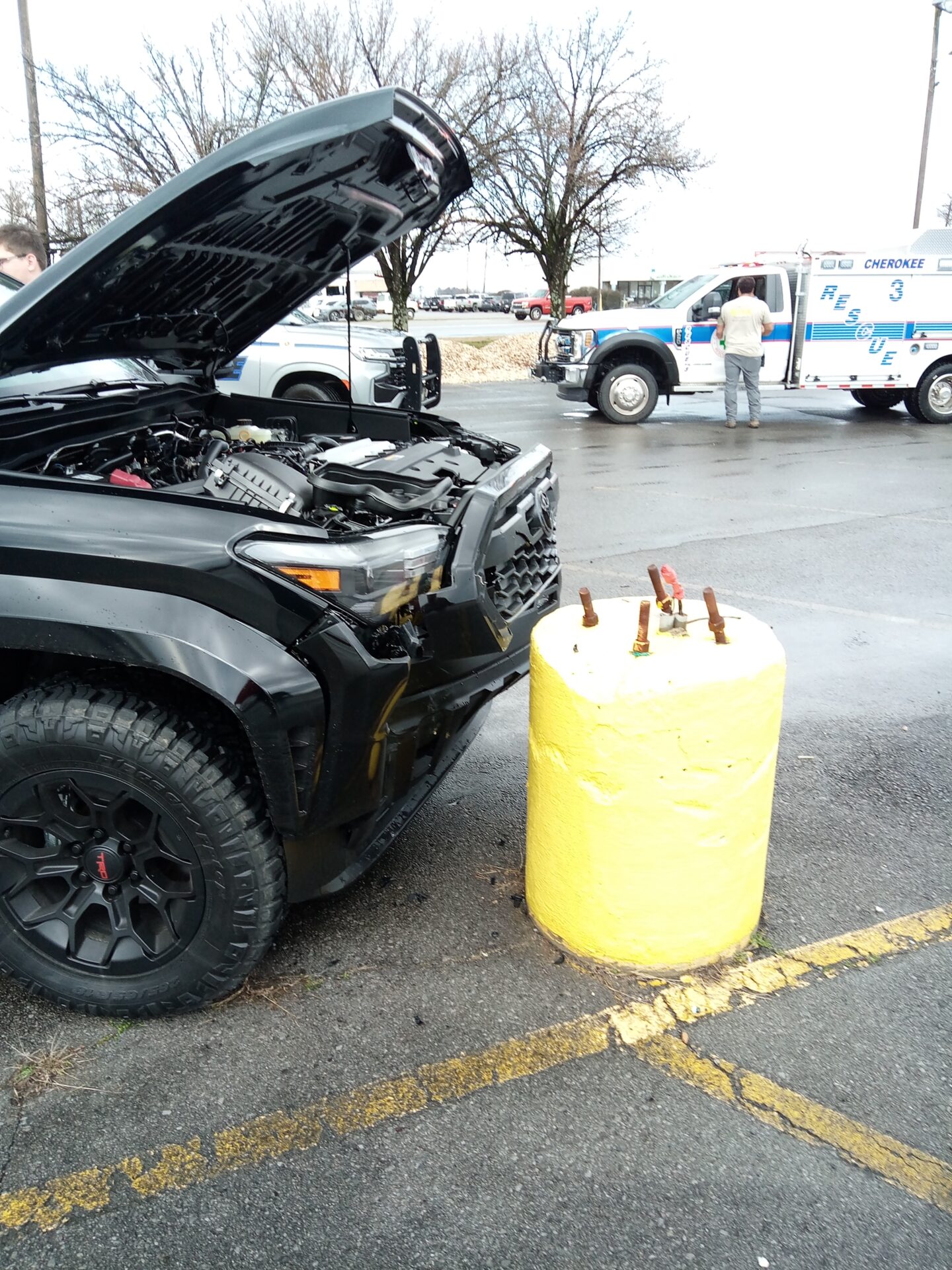
(LONDON) — The Israeli military expanded its Lebanon campaign with hundreds of airstrikes on Monday, as the long-simmering border conflict with Hezbollah threatened to explode into a larger war.
Dozens of Israeli warplanes struck more than 1,300 targets in southern Lebanon on Monday morning, according to the Israel Defense Forces.
At least 492 people were killed and more than 1,600 wounded in the ongoing strikes, among them women, children and medical personnel, the Lebanon Ministry of Public Health said. Of those killed, 35 were children and 58 were women, the ministry said.
Israel also said it launched a targeted strike in Beirut. At least six people were injured in that airstrike on a residential building in Bir al-Abd, a southern suburb of Beirut, according to Lebanese state media.
Hezbollah officials said senior commander Ali Karaki — who Israeli sources confirmed was the target of the Beirut strike — survived the attack.
In a statement, Israeli Prime Minister Benjamin Netanyahu claimed Israel was changing “the security balance, the balance of power in the North.”
“For those who have not yet understood, I want to clarify Israel’s policy — we do not wait for a threat, we anticipate it,” Netanyahu said. “Everywhere, in every arena, at any time. We eliminate senior officials, eliminate terrorists, eliminate missiles — and our hands are bent.”
“Whoever tries to hurt us, we hurt him even more,” he added.
The attacks coincided with a warning by from IDF spokesperson Rear Adm. Daniel Hagari of more planned Israeli strikes against Hezbollah “terrorist infrastructure” in the border region and elsewhere.
Hagari said civilians in Lebanese villages used by Hezbollah for military purposes should “immediately move out of harm’s way for their own safety.”
Video and photos showed bumper-to-bumper traffic as people tried to flee southern cities.
Following the intense strikes in the south of the country on Monday morning, Hagari said the IDF would soon start hitting targets in the eastern Bekaa Valley — another Hezbollah stronghold. Hagari claimed that every house by Israeli munitions contained “rockets, missiles, UAVs that are intended to kill Israeli civilians.”
Hezbollah returned fire across the border with dozens of projectiles, the IDF said, with alarms sounding across the region. Some munitions were intercepted and some fell in open areas, the force wrote on social media.
There were about 250 launches from Lebanon into Israel on Monday, according to Israeli Emergency Officials. Hagari said there had been about 700 launches in the last week.
Israel’s Magen David Adom emergency service reported at least one man injured by shrapnel in the Lower Galilee area and another lightly hurt while making his way to a shelter.
Israeli Foreign Minister Israel Katz said in a social media post that Israel “will act with full force” to change the current situation in southern Lebanon.
Hezbollah leader Hassan Nasrallah, Katz said, “has taken the people of Lebanon hostage, placing missiles and weapons in their homes and villages to threaten Israel’s civilians.”
“This is a clear war crime,” Katz said. “We will not accept this reality.”
“The people of Lebanon must evacuate any home turned into a Hezbollah outpost to avoid harm,” Katz continued. “We will not stop until the threat is removed from Israel’s citizens and the residents of the north return safely to their homes.”
Thousands of Lebanese cell phone users received a text message from the IDF on Monday, warning: “If you are in a building where Hezbollah weapons are located, stay away from the village until further notice.” Similar messages were issued over Lebanese radio.
The fresh Israeli warnings come after a weekend of intense cross-border fire, with rockets, missiles and drones launched into Israel by Hezbollah met by Israeli airstrikes across southern Lebanon.
Fighting between the IDF and Hezbollah has been constant since Oct. 8, when the Iranian-backed militant group began attacks into Israel in protest of the Israeli invasion of the Gaza Strip targeting Hamas. Hezbollah has said it will continue its attacks until Israeli forces withdraw from the Palestinian territory.
Tens of thousands of Israelis fled border regions under Hezbollah fire since the fighting began. Their return is a priority for Netanyahu and his government.
“We will take whatever action is necessary to restore security and to bring our people safe back to their homes,” Netanyahu said on Sunday.
Israeli leaders are also demanding that Hezbollah withdraw beyond the Litani River — some 18 miles north of the Israeli border — as stipulated in a 2006 United Nations Security Council resolution that sought to end the last major cross-border war.
“If the world does not withdraw Hezbollah north of Litani in accordance with Resolution 1701 — Israel will do so,” Katz said on Sunday.
The conflict intensified last week with Israel’s detonation of Hezbollah communication devices in Lebanon and Syria, which Nasrallah described as an “unprecedented blow” for the group.
Two consecutive days of explosions — which killed at least 37 people and wounded 2,931, according to Lebanese Health Minister Firass Abiad — were followed by the killing of Hezbollah operations chief Ibrahim Aqil and 14 other members in a Beirut airstrike.
The bombing in the Hezbollah-aligned Dahiya suburb killed at least 45 people, according to the Lebanese Health Ministry. The dead included at least three children — aged 4, 6 and 10 — and seven women, the ministry said. Dozens more people were wounded.
Hezbollah leaders said they would continue their operations despite last week’s setbacks.
Deputy Secretary General Naim Qasem spoke at Aqil’s funeral in Beirut on Sunday, telling hundreds of mourners that the conflict has now entered “a new phase” which he called an “open-ended battle of reckoning”.
“Threats won’t stop us, and we don’t fear the most dangerous possibilities,” he continued. “We are ready to face all military scenarios.”
Israeli communities in the north of the country are braced for further escalation. The IDF issued new security guidance on Sunday closing schools and beaches in the region, while the Rambam Hospital in Haifa transferred patients to an underground facility.
This weekend, the State Department reissued its level 4 “do not travel” warning for Lebanon, noting “recent explosions throughout Lebanon, including Beirut.”
The Department’s July warning for American citizens to “depart Lebanon while commercial options still remain available” is unchanged. “At this time, commercial flights are available, but at reduced capacity,” the advisory said.
“If the security situation worsens, commercial options to depart may become unavailable.”
Defense Secretary Lloyd Austin “reaffirmed the United States’ commitment to Israel’s right to defend itself and stressed the importance of achieving a diplomatic solution to return citizens to their homes in the north” in a Sunday phone call with Israeli counterpart Yoav Gallant, per a Pentagon readout.
Austin also “emphasized his concern for the safety and security of U.S. citizens in the region,” the Pentagon said.
ABC News’ Dana Savir, Ghazi Balkiz, Joe Simonetti and Morgan Winsor contributed to this report.
Copyright © 2024, ABC Audio. All rights reserved.




